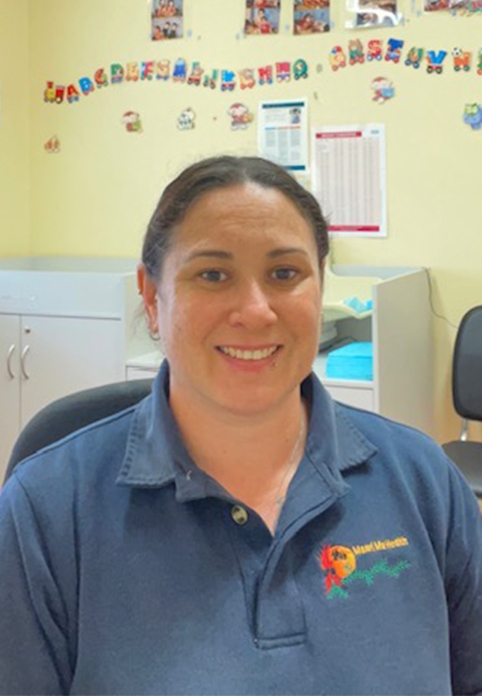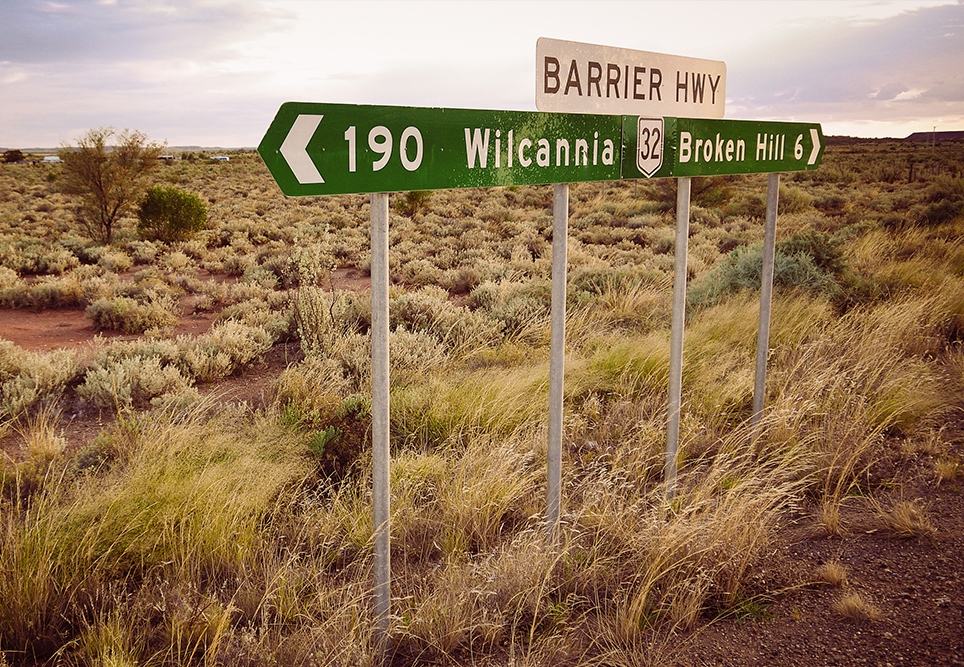This site may not work properly using older versions of Edge and Internet Explorer. You should upgrade your browser to the latest Chrome, Firefox, Edge, Safari, or any other modern browser of your choice. Click here for more information.
Your Stories
This is where we tell your stories, cover topical issues and promote meaningful initiatives.
2023 Gayle Woodford Memorial Scholarship recipient, Tiffany Cattermole
Tiffany feels fortunate to have been awarded the 2023 Gayle Woodford Memorial Scholarship and says it will give her the upper hand in expanding her career in remote health.
“I’m just that excited,” beams RN RM Tiffany Cattermole, thrilled by the opportunity she has received to expand her skills to support remote communities and improve Aboriginal health.
“I have 50 million ideas running through my head as to where I need to be, but I’m like,
‘You need to calm down, you haven’t even started the course yet’.”
After some time spent in Katherine in the Northern Territory, proud Barkindji woman Tiffany has returned to work in her place of birth, Wilcannia, a small outback town nestled on the banks of the Darling River in the far west of New South Wales.
Nearby in Broken Hill, she started her career in health in 2009 as an administrative assistant for Aboriginal community-controlled organisation Maari Ma Health, where 15 years on, she now works as an outreach midwife servicing communities of Broken Hill and Wilcannia.
“Positions came up for an Aboriginal Health Practitioner traineeship, I applied for that and spent 18 months in the course learning clinical skills,” she says.
Initially, her sights had been set on direct entry midwifery but her pathway took a turn as she developed an unexpected interest in wound care and found that she “loved the nursing side of things much more than I expected.”
After completing her nursing and then midwifery qualifications, she went on to work as a Midwifery Group Practice (MGP) midwife in a mainstream health setting but has since been drawn back to a holistic, comprehensive community-controlled role with an emphasis on cultural safety.
“What drives me is being in Aboriginal health,” explains Tiffany. “The fact that we get to really know the women and the families we care for, and essentially spend nearly 12 months with these families – that’s what I absolutely love – the continuity of care.”
Tiffany loves everything about her current work, which is further sweetened by many “baby cuddles” and explains that she is in no rush to leave, though she does admit to having some big dreams brewing
“I would like to be able to build on what I learn in the next 12 months, and then when my kids are just a little bit older and moved out of home, I’d like to go remote and work out in those very, very hard to access areas – that’s where I want to be. Though, I don’t know how my partner feels about it yet,” she laughs
Tiffany is inspired by the experiences of her community and family as they face challenges navigating chronic illnesses and accessing appropriate healthcare.
“You sort of grow up with that whole mentality of ‘Why do we have to go have these checks? There’s nothing wrong with us’.
“I think that’s the biggest thing that drove me, that is: ‘Actually no, you can get the education you need to stop you from going into hospital, or from having these conditions, or prevent them from happening so early in life’.
“There’s a big stigma when you go to the doctor – [the idea that] you’re going to get nothing but bad news. I want to be that person who helps to provide that education, and say that going to a doctor isn’t such a scary thing.”
Tiffany is confident that this scholarship will enable her to provide more education to families and particularly mothers about the prevention of chronic illness in remote areas.
“[This scholarship] means that I can go forward and achieve what I want to. This is going to definitely give me the upper hand, I’m quite excited!”
Tiffany would like to thank Flinders University, CRANAplus and all those involved in making this scholarship possible.
For more information on the grants and scholarships available through CRANAplus.

